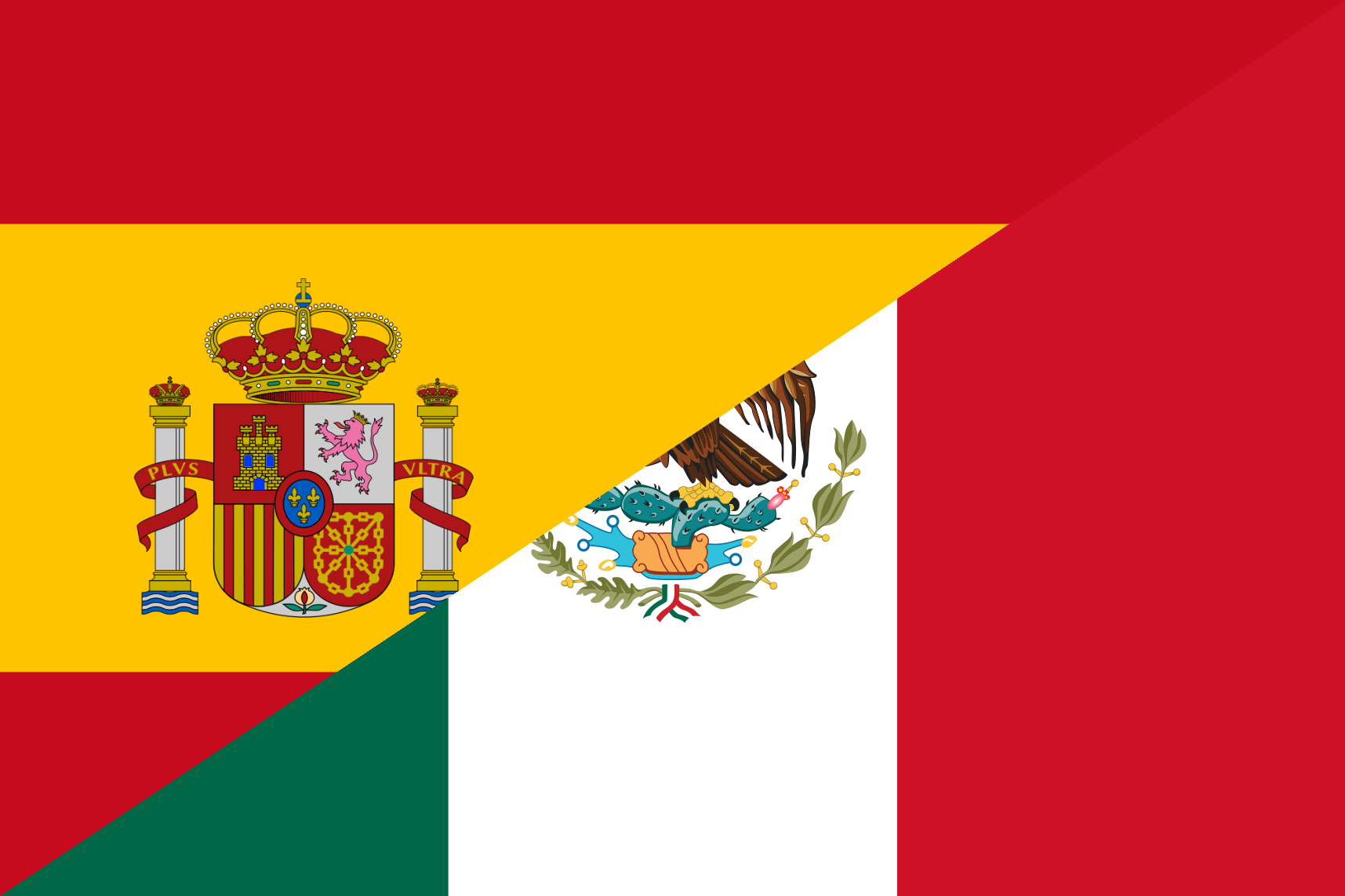pasar
Por ello  , continuamente deja pasar oportunidades de asesinarla .
, continuamente deja pasar oportunidades de asesinarla .

Do đó, nó liên tục cho phép cơ hội giết cô.
(Tiếng Anh)
- (transitive) to pass, to hand, to slip
- (intransitive) to happen
- (transitive) to pass, to get past, to go past, to go by, to go over, to get through
- (transitive) to pass time
- (intransitive) to enter a room
- (reflexive) to go too far, exaggerate
- (reflexive) to exceed, surpass, go over
- (reflexive) to ripen too much, become rotten, become off (food)
- (transitive) to pass (filter)
- (transitive) to strain, to sieve, to sift
- (transitive) to break the law, rule, order
- (transitive) to trespass (enter on someone's property without permission)
- to puree (crush or grind food into a puree)
- to omit, leave out
- (transitive) to send, transmit
- (transitive) to stand, tolerate, bear
- to go through, to pass through, to swing by (+ por)
- to begin a process or action; (with ser) to become, to come to be
- (Latin-America) to pass an exam
- (pronominal) to stop by, to swing by
- (pronominal) to spend (time)
Tính thường xuyên
Được gạch nối như
pa‧sar
Phát âm là (IPA)
/paˈsaɾ/
Từ nguyên (Tiếng Anh)
In summary
Inherited from Old Spanish passar, from Vulgar Latin *passāre, derived from Latin passus (“step”, noun). Compare English pass.
Related words
Sign in to write sticky notes








Bắt đầu học Tiếng Tây Ban Nha với learnfeliz .
Luyện nói và ghi nhớ " pasar " và nhiều từ và câu khác trong Tiếng Tây Ban Nha .

 passer
passer passare
passare passieren
passieren acontecer
acontecer gebeuren
gebeuren